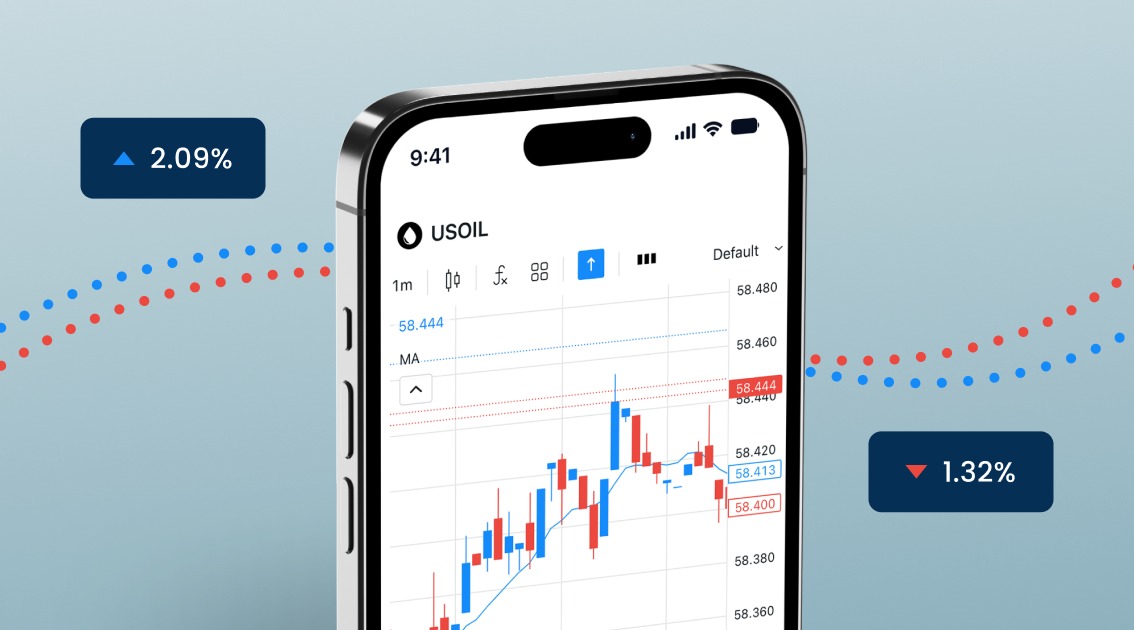In recent years, artificial intelligence (AI) has been transforming the insurance industry, allowing insurers to provide better services and products for their customers. This article will look at the future of AI in insurance, including new business models and potential disruptions.
AI in Insurance
AI is already being used in a variety of ways in the insurance industry. Insurers, for example, are employing AI algorithms to process claims more quickly and accurately, lowering costs and increasing customer satisfaction.
Insurers are also utilizing AI to analyze large amounts of data in order to identify trends and patterns, thereby improving their understanding of risk and pricing. Additionally, insurers are utilizing AI-powered chatbots to provide 24/7 customer support and personalized recommendations.
Innovative Business Models
In the insurance industry, AI is enabling new business models. On-demand insurance is one such model, in which customers can purchase insurance coverage for specific events or time periods, such as a weekend car rental or a short-term home rental. AI algorithms that can quickly analyze risk and provide real-time pricing enable this type of insurance.
Usage-based insurance is another new business model enabled by AI. This model entails gathering data from sensors or other devices in order to track how customers use their insured assets, such as cars or homes. This information can then be used to adjust pricing based on usage, encouraging customers to engage in safer behavior.
Disruptions
While artificial intelligence (AI) is enabling new business models in the insurance industry, it is also causing potential disruptions. One such disruption is the possibility of AI replacing human workers.
As AI algorithms improve, they may be able to handle tasks currently performed by humans, such as underwriting and claims processing. This could result in job losses in the insurance industry, especially for lower-skilled workers.
The impact of AI on privacy is another potential disruption. As insurers collect more information about their customers, there is a risk that this information will be misused or hacked. Insurers will need to take precautions to protect customer data and ensure that privacy regulations are followed.
Finally, AI has the potential to disrupt the traditional insurance value chain. As AI-powered chatbots and other digital tools can provide customers with personalized recommendations and support, insurers may no longer need to rely on brokers or agents to sell their products. This could result in a shift in the industry's power balance, with insurers becoming more dominant.
The Future of Artificial Intelligence in Insurance
Looking ahead, AI is expected to continue to transform the insurance industry. The development of new insurance products is one area where AI is expected to have a significant impact. Large amounts of data can be analyzed by AI algorithms to identify new risk factors and pricing models, allowing insurers to offer products that are more tailored to individual customer needs.
Artificial intelligence is also expected to play a larger role in claims processing. Insurance companies may use AI-powered chatbots to handle initial claims inquiries, freeing up human adjusters to handle more complex cases. AI algorithms may also be used to predict which claims are likely to be fraudulent, lowering insurers' risk of fraud.
Finally, artificial intelligence is likely to enable new forms of collaboration among insurers and other stakeholders in the insurance value chain. Insurers, for example, may collaborate with technology companies to develop new products or services. Insurers and healthcare providers may also collaborate to offer insurance products that are more closely linked to healthcare outcomes.
AI Trends Bound to Reshape the Insurance Industry
AI-backed technology is molding industries everywhere and insurance won’t be different. We’ve looked into what might happen as AI adoption rates rise and it starts being further deployed into insurers.
We’ve highlighted 3 of the most important trends about to hit the insurance landscape:
Connected devices mean better, and more reliable data
As technology penetration rates rise, consumer devices are too becoming more and more connected. It is estimated that by 2025, about one trillion devices will be connected.
As such, it will come as no surprise that the massive amount of new data coming in, created by said devices, will give companies greater capacity to better understand their clients.
Consequently, we’re bound to see new and improved product categories, personalized pricing strategies, and much faster service delivery.
Open-source
Open-source protocols are already invading our daily lives and ensuring that data is able to be shared across industries and used wisely.
As such, there will certainly be a joint effort of both private and public entities to build ecosystems for that shared data to flow easily. Logically, this can only happen under a strict regulatory framework with user protection and cybersecurity at its heart.
An example of this would be insurance carriers using wearable data available through devices.
Robotics
Given how 3D printed solutions are sprouting everywhere, it won’t surprise us to see different kinds of risk assessment strategies as robots will be prevalent in everyday life. As such, risk pools are bound to change across pretty much all industries. Likewise, so will new channels and products need to be devised.
Conclusion
AI is transforming the insurance industry in a variety of ways, enabling new business models and disrupting traditional value chains. While there are risks associated with AI, such as job loss and privacy concerns, the benefits of AI in insurance are substantial.
Looking ahead, AI is expected to continue to transform the industry, allowing insurers to offer more tailored products and services while also improving customer experience. Insurers who can embrace and adapt to AI will be well-positioned to succeed in the years to come if they continue to adapt to the changing landscape of the industry.
However, it is important to note that AI is not a panacea for all of the problems confronting the insurance industry. While AI has the potential to provide significant benefits, insurers must approach AI implementation with a clear understanding of their goals and a plan for how AI will fit into their overall strategy.
Insurers must also consider the ethical implications of using AI in their business operations. For example, if AI algorithms are not designed to account for factors such as race, gender, and socioeconomic status, they may unintentionally perpetuate biases. Insurers must take steps to ensure that their AI systems are equitable and fair to all customers.
The future of artificial intelligence in insurance is both exciting and challenging. As insurers continue to adopt AI technologies, they will need to navigate the potential disruptions and ethical concerns that AI may bring. Those who can use AI to improve their products and services, on the other hand, will be well-positioned to succeed in the rapidly changing insurance industry.

















